Finance & Business
Author: anonymDate: 2024-11-21 11:21:57
Grocery stores exacerbate plastic pollution through inexpensive prepackaged produce, a study reveals.
Environment groups want supermarkets to act faster to reduce plastic packaging
Major supermarket chains are intensifying Australia's plastic waste problem by offering substantially lower prices for pre-wrapped fresh produce, a new report discloses. The Australian Marine Conversation Society (AMCS) and Boomerang Alliance conducted a supermarket assessment, focusing on five fruits and vegetables. Their report, released today, indicates customers pay less for plastic-wrapped produce 73 percent of the time. The audit showed potatoes cost consumers, on average, 53 percent more when purchased unpackaged compared to plastic-wrapped versions.
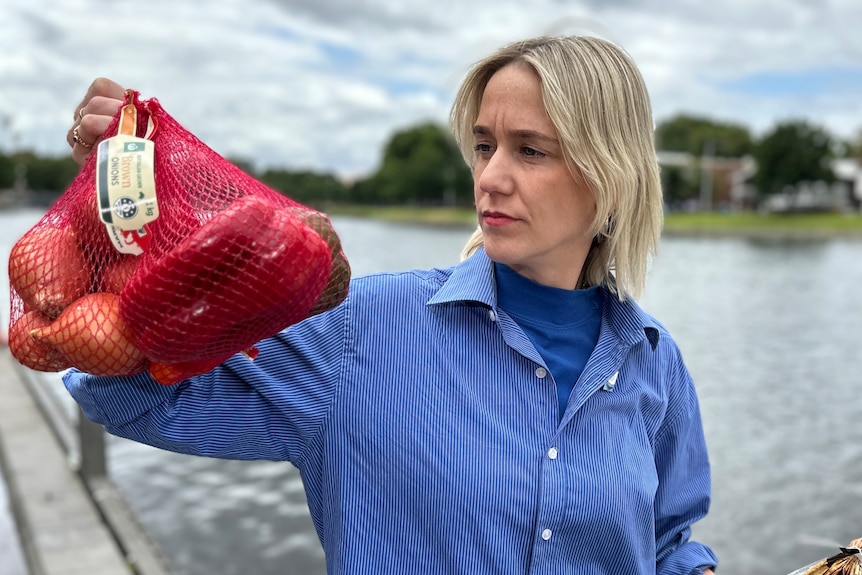
"It incentivizes consumers to purchase more packaging and plastic due to lower prices," stated Cip Hamilton, AMCS plastics campaign manager. "Frequently, a shopper needing two apples will see a four-apple pack and buy it for price reasons, leading to increased food waste." Australia will fail to achieve its national packaging goals, which include phasing out problematic and unnecessary single-use plastic packaging by 2025, according to an Australian Packaging Covenant Organisation (APCO) review. Ms. Hamilton attributed partial blame to supermarkets. She highlighted a "shocking" lack of transparency regarding plastic usage, with only one of the four major supermarket chains providing data for the study.
The cooperative company that responded was Woolworths, which stated most of its fruit and vegetable selection is sold unpackaged, but some packaged items extend shelf life or provide bulk options. "A plastic-wrapped continental cucumber lasts three times longer than an unwrapped one," a Woolworths representative claimed. A study by the European sustainability group Wrap challenged this, finding little evidence that plastic wrapping extends shelf life. In 10 comparisons of packaged and loose produce, eight showed no discernible difference in shelf life.
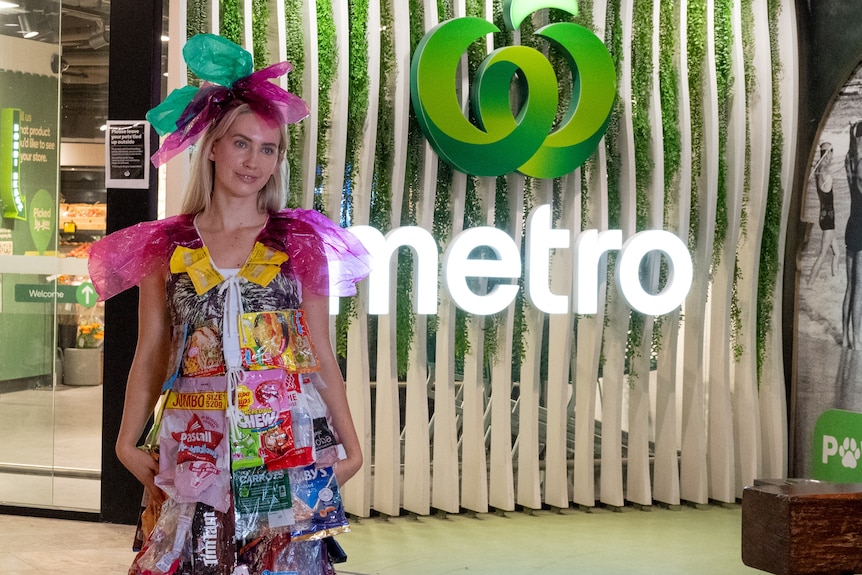
The AMCS Unwrapped 2024 report ranked Woolworths highest among the four major supermarket chains in reducing plastic waste, followed by Metcash, a wholesaler supplying IGA. Coles was third, and Aldi, fourth, but unscored due to a lack of publicly released 2023 sustainability data.
A mounting global problem
Global governments will convene in South Korea next week to negotiate a legally binding international treaty to curtail and prevent plastic pollution. APCO figures show Australia generates more plastic waste per person than any other nation except Singapore.
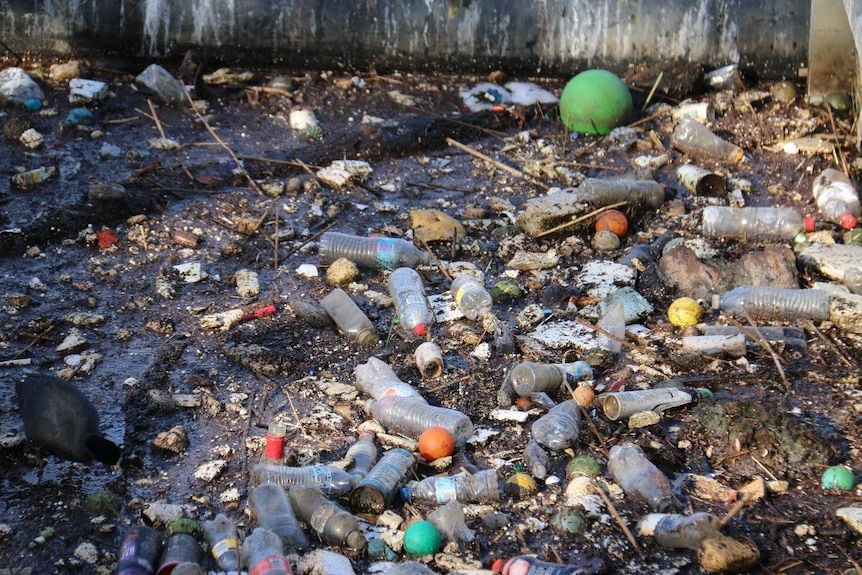
Amidst global discussions, the Australian government is reforming plastic packaging regulations to ensure all packaging is recyclable. State environmental ministers will meet with the federal government in December to consider mandatory industry requirements. The latest APCO data from 2022 revealed 20 percent of soft plastics were recycled in Australia, and half of all supermarket shelf packaging was recycled, composted, or used for energy. A spokesperson for the Department of Climate Change, Energy, the Environment and Water stated reforms could include mandatory design standards, such as minimum recycled content thresholds and bans on harmful chemicals and additives.
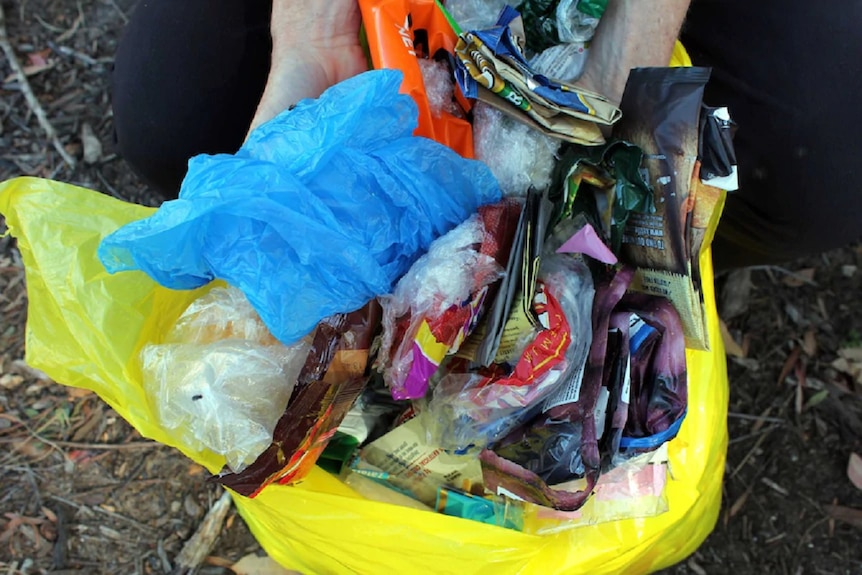
Targets missed
Federal Environment Minister Tanya Plibersek previously expressed dissatisfaction with Australia's failure to meet 2025 recycling targets. These deadlines have been extended to 2030, but the objectives remain: all packaging must be recyclable, reusable, or compostable; 70 percent must be recycled or composted; and half of all packaging must comprise recycled content. Ms. Plibersek established a billion-dollar Recycling Modernisation Fund to boost the country's recycling capacity, which has been strained since China ceased accepting Australian recyclable waste and further impacted by the 2022 collapse of Australian soft-plastic recycling company REDcycle.
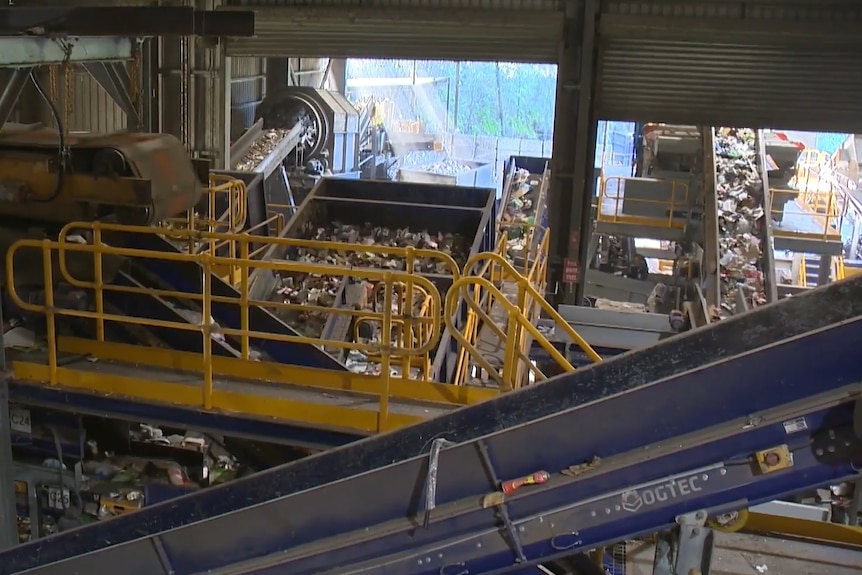
An APCO spokesperson stated that heightened government oversight is needed to achieve federal targets. "The current approach won't yield necessary outcomes; a comprehensive system overhaul is required," the spokesperson declared. This problem affects local landfills, with the New South Wales Environment Protection Authority reporting that Sydney's landfill capacity will be exhausted by 2030.
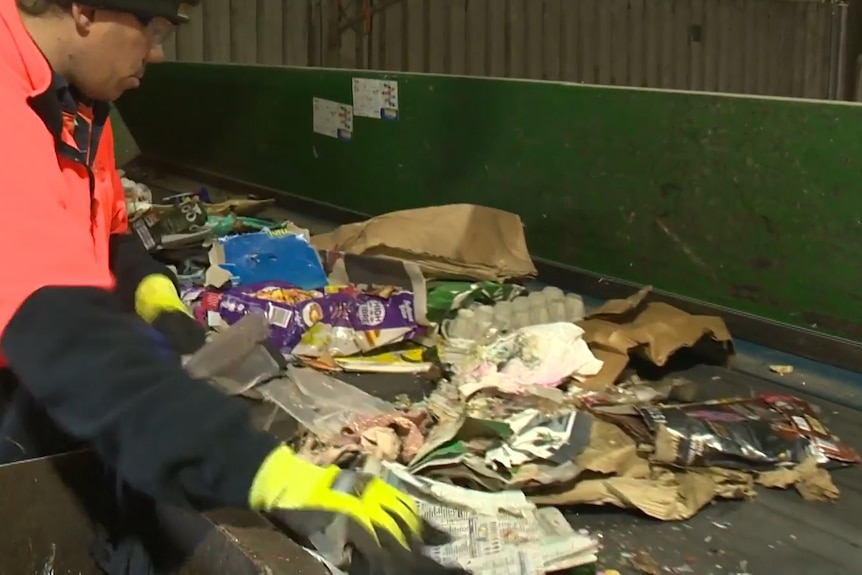
A NSW EPA spokesperson stated the state is funding projects to enhance recycling capacity, including a $1 million grant to Visy to increase capacity at its Smithfield Recycling plant fivefold. The spokesperson also mentioned a $260,000 grant to Unilever to develop new bottle-mold technology incorporating recycled plastics to create new recyclable containers.
Supermarkets respond
Supermarkets stated they are striving to minimize plastic in their stores. A Woolworths spokesperson said the company removed 220 million shopping bags from circulation last year and over 1 million kilograms of virgin plastic from its home brand range over six years.
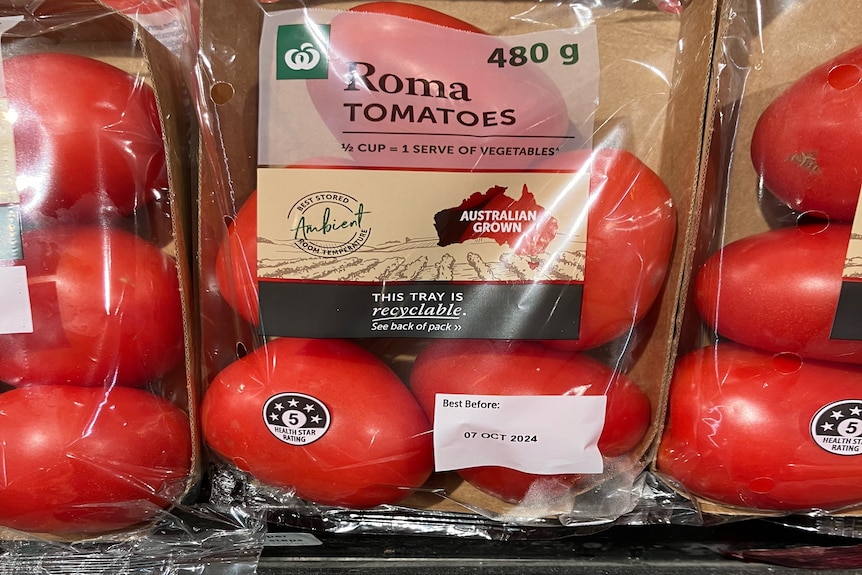
"85 percent of packaging across our Woolworths brand products is home-recyclable," the spokesperson said. Coles didn't report its actions to AMCS, but a spokesperson stated the company is working to "reduce unnecessary plastic packaging from our stores." The spokesperson noted Coles had removed 500 million pieces of plastic from its own-brand products and eliminated 230 million plastic shopping bags.